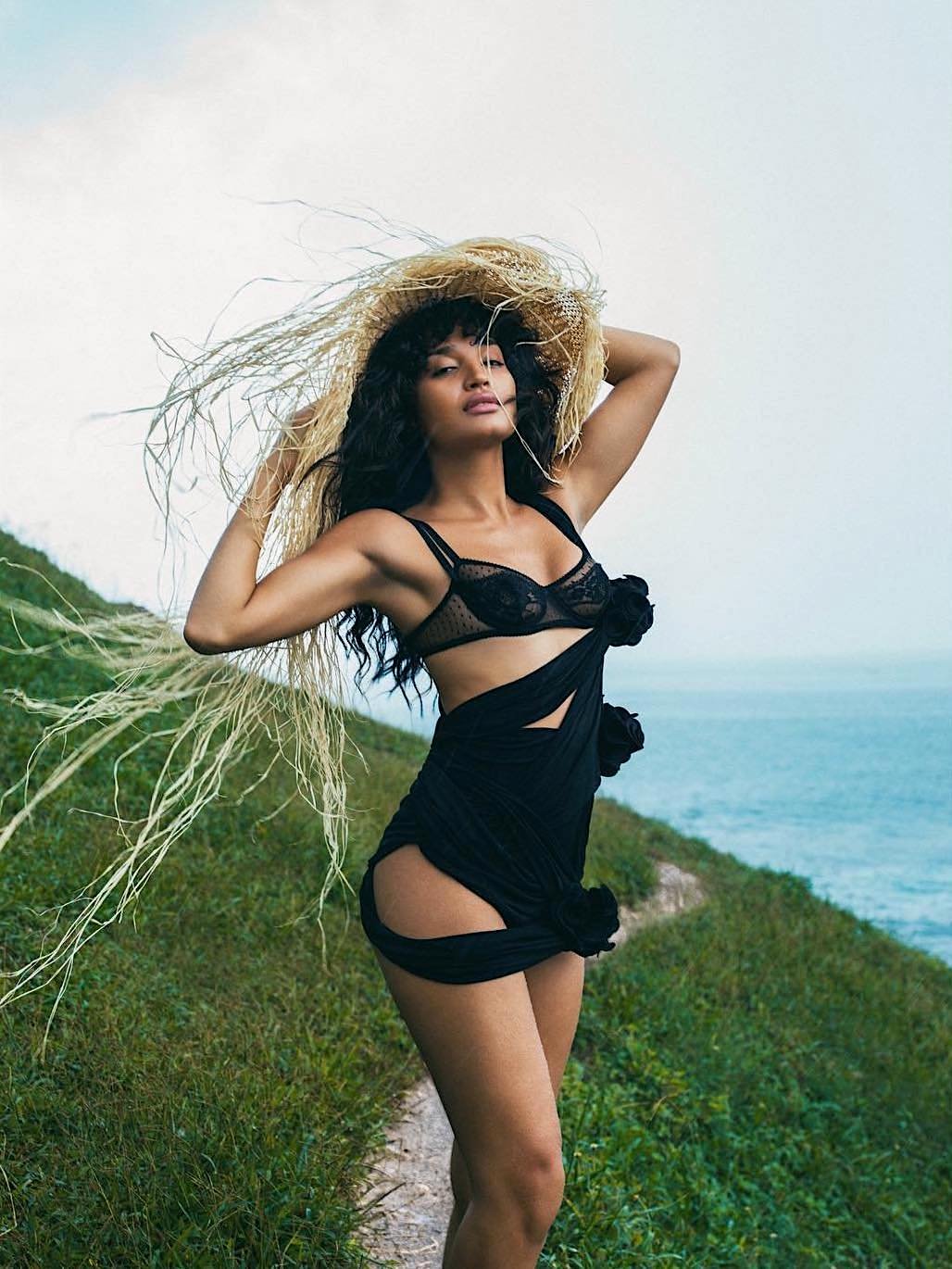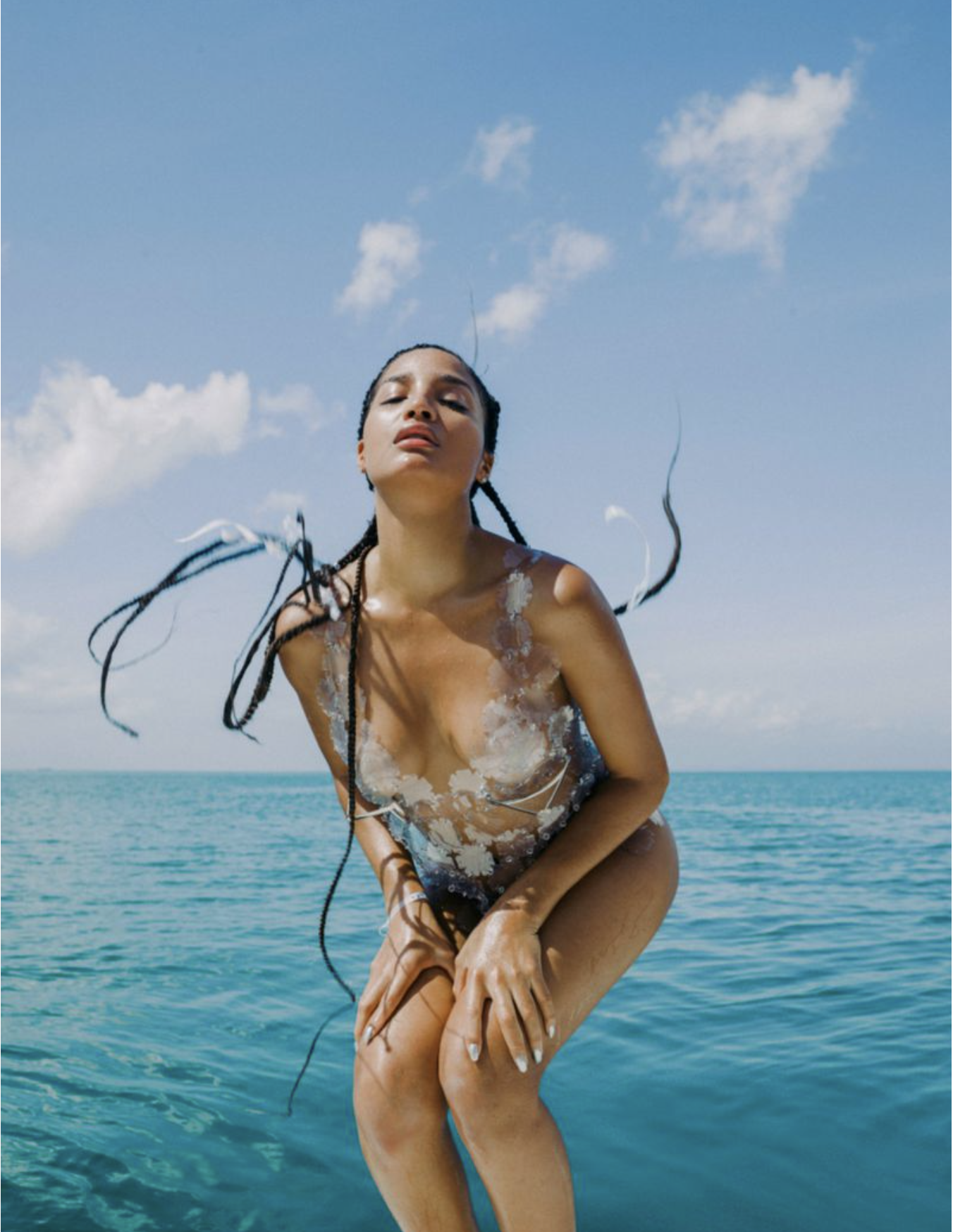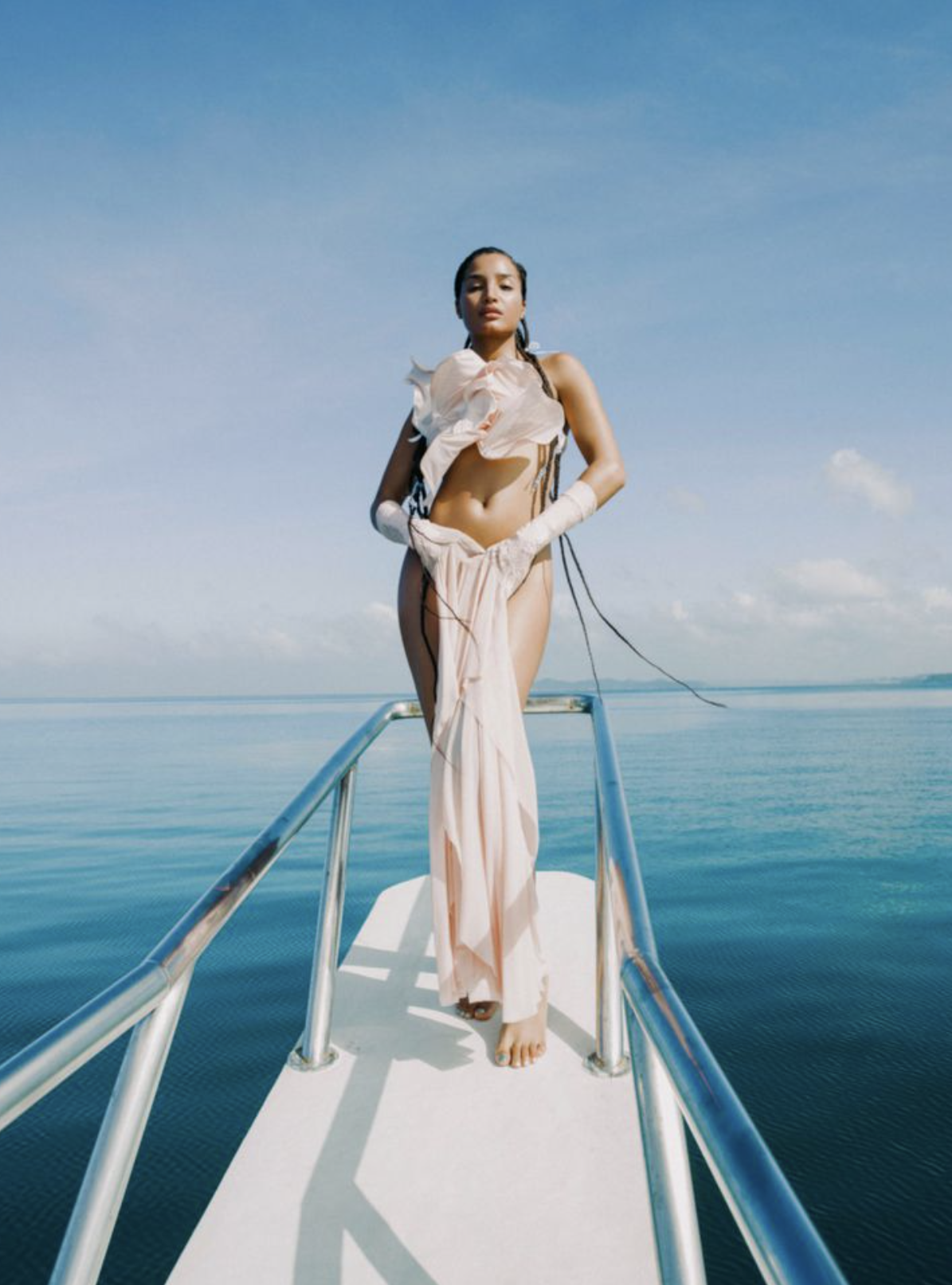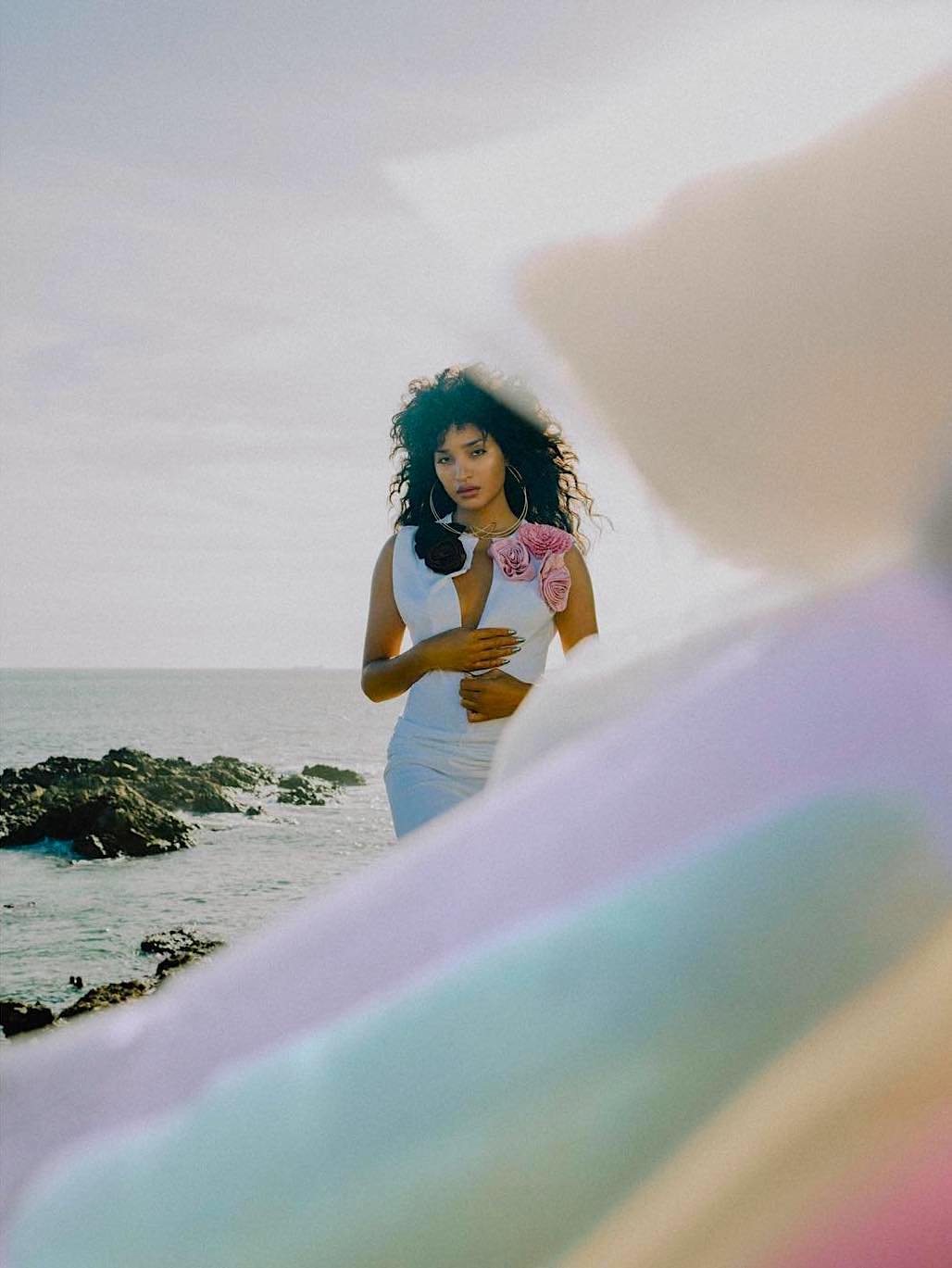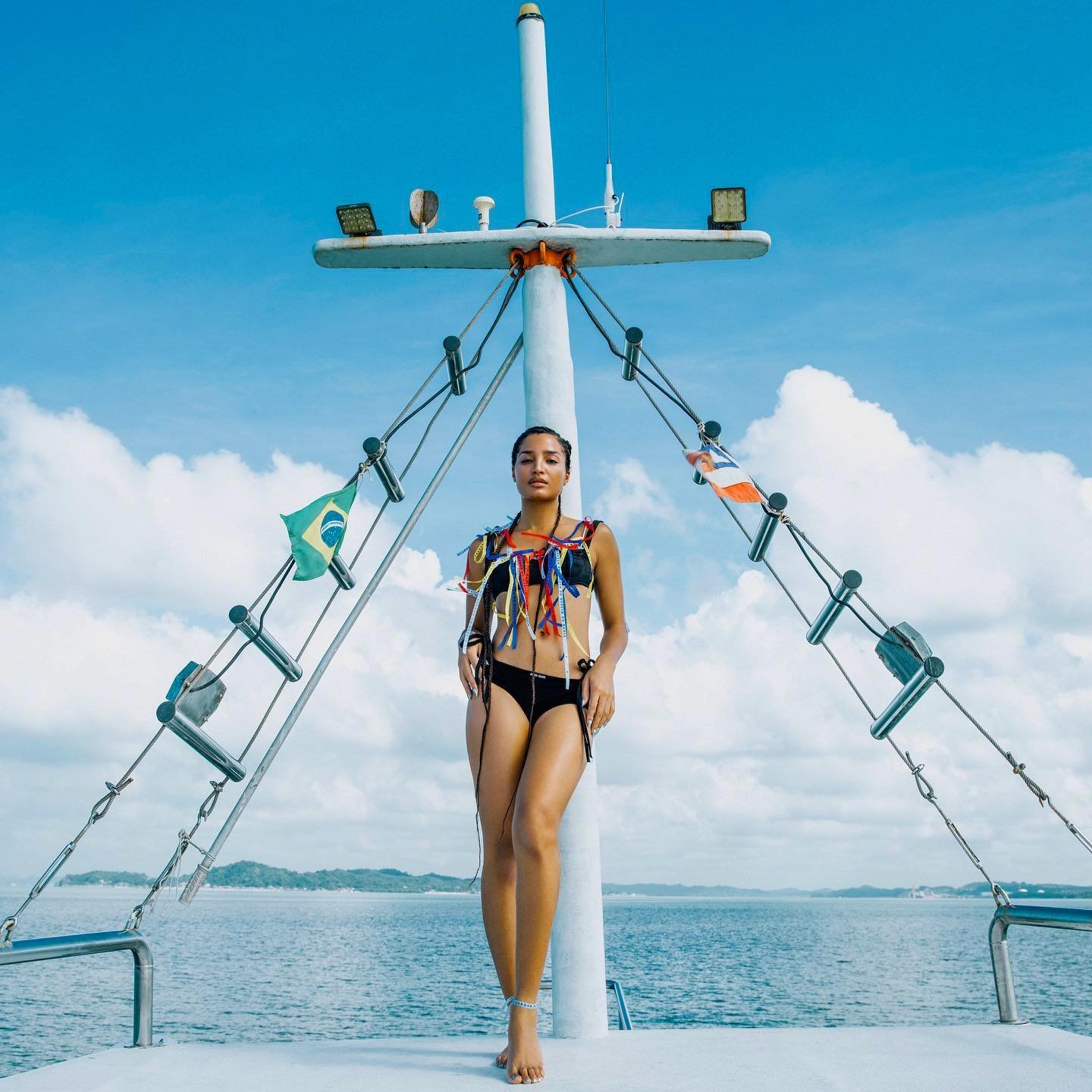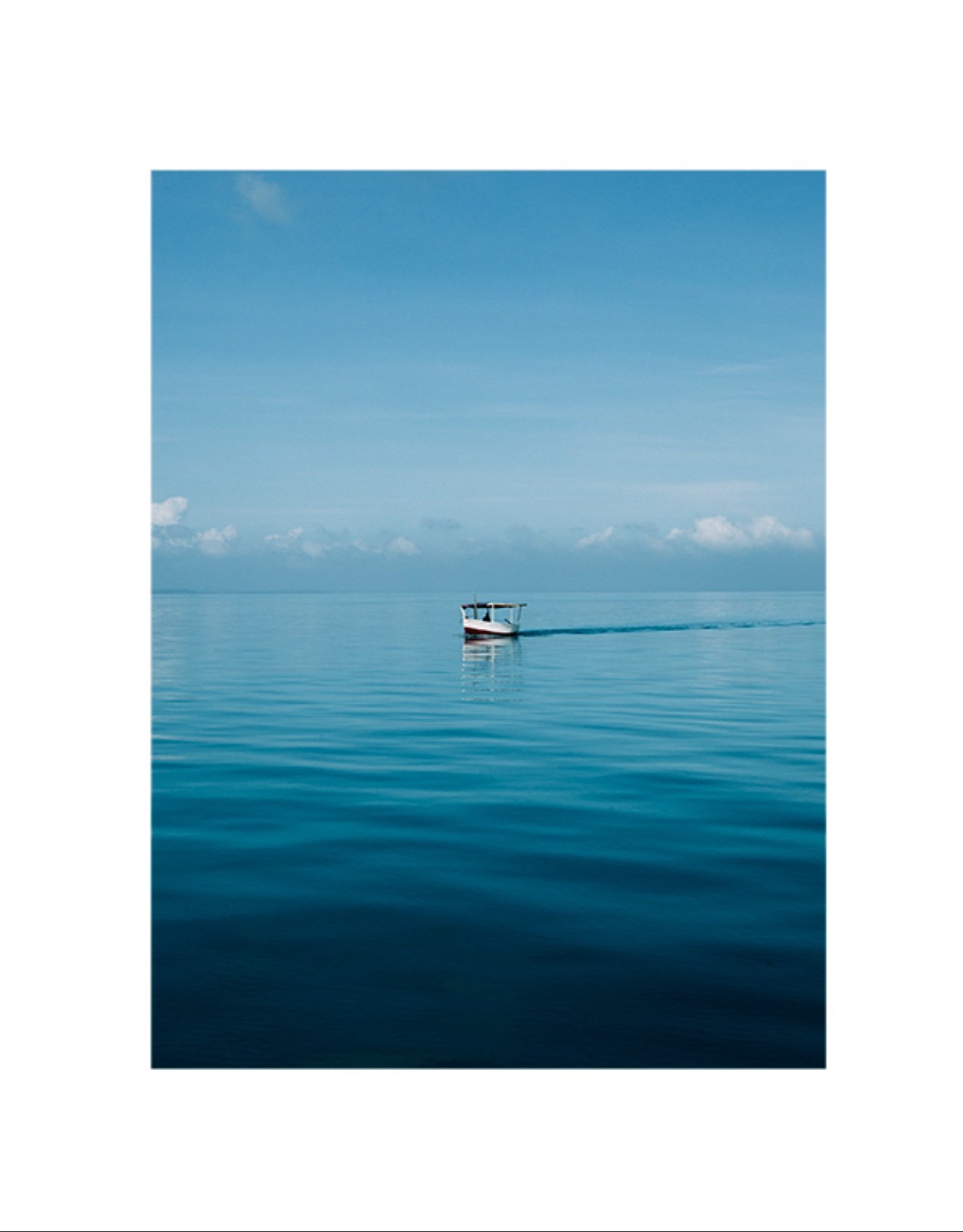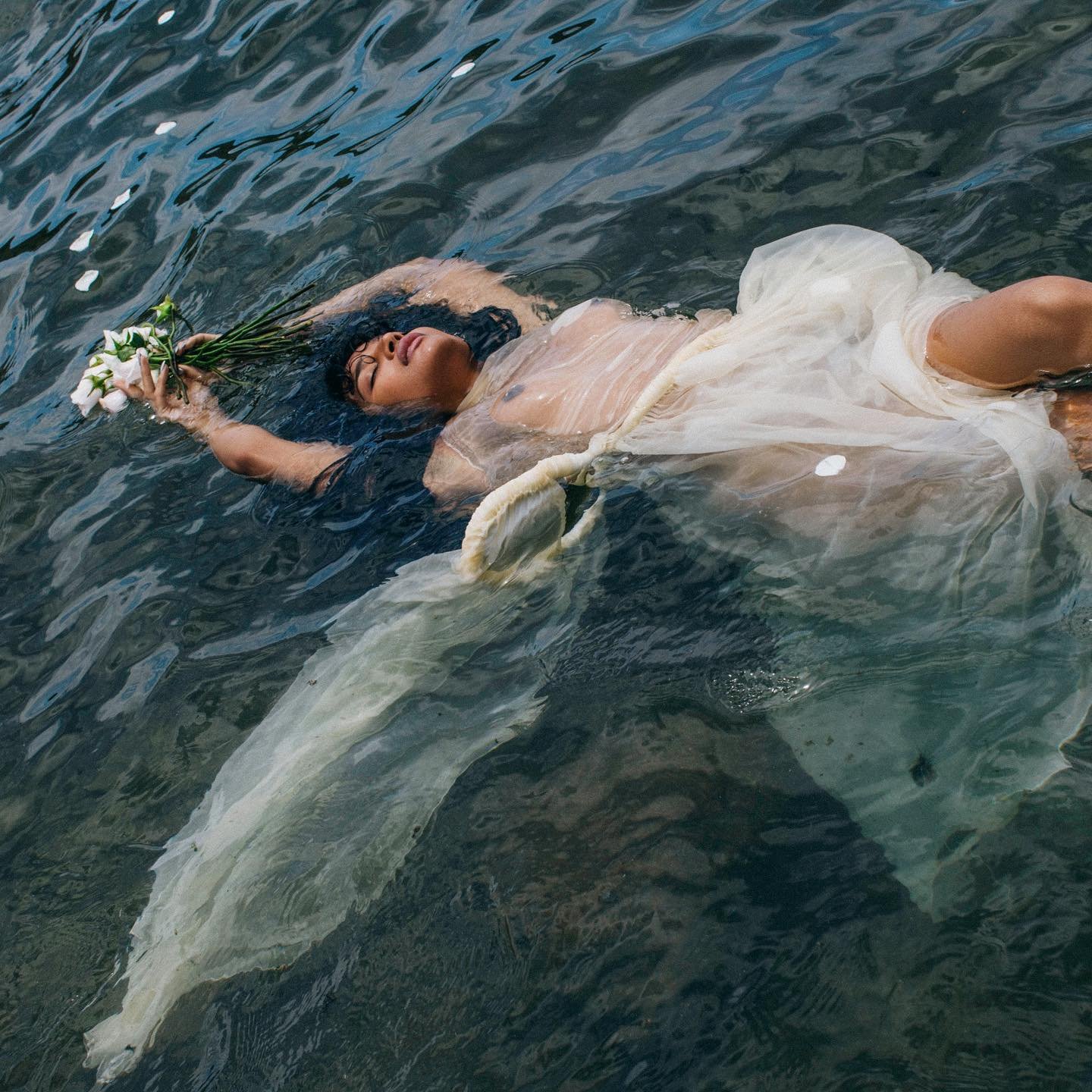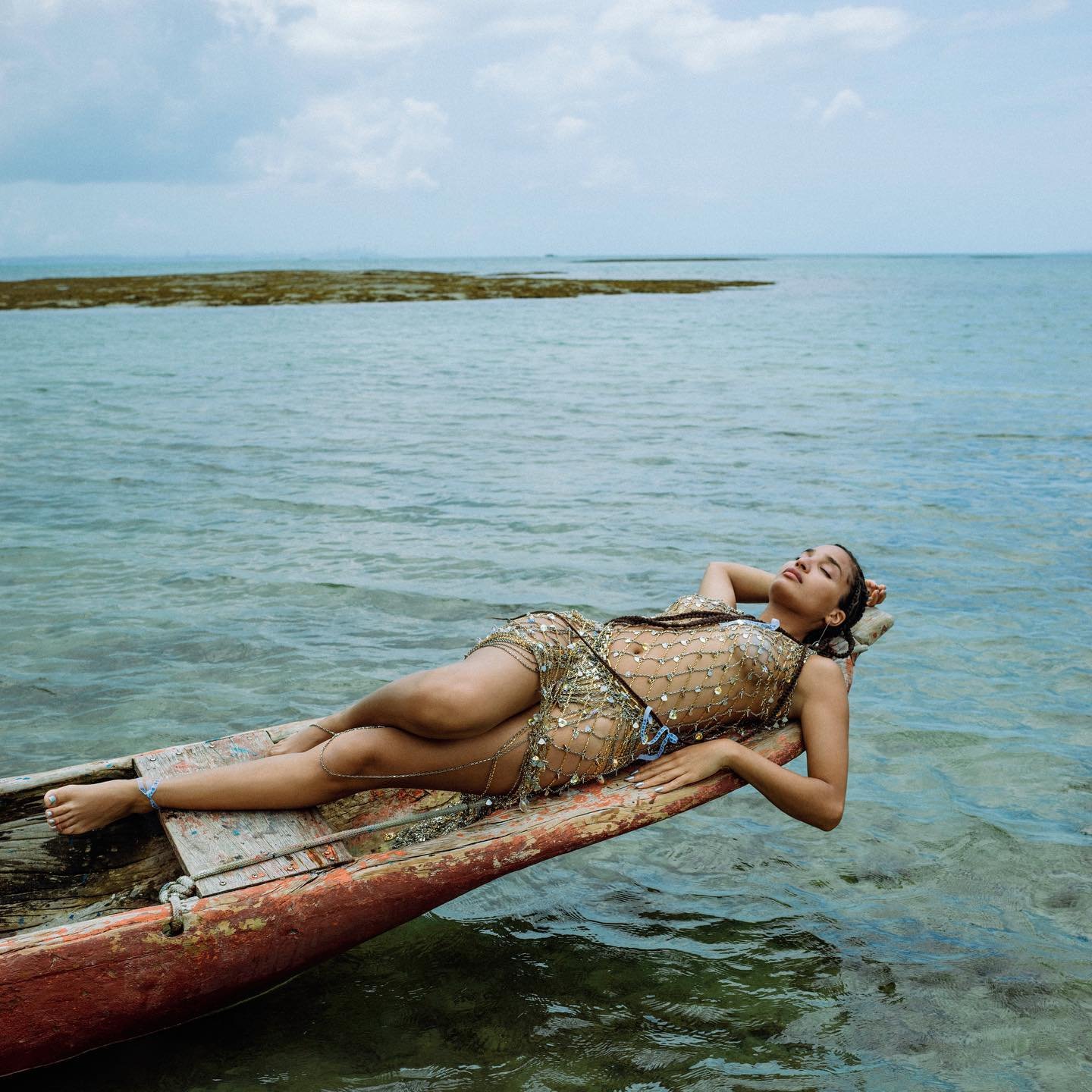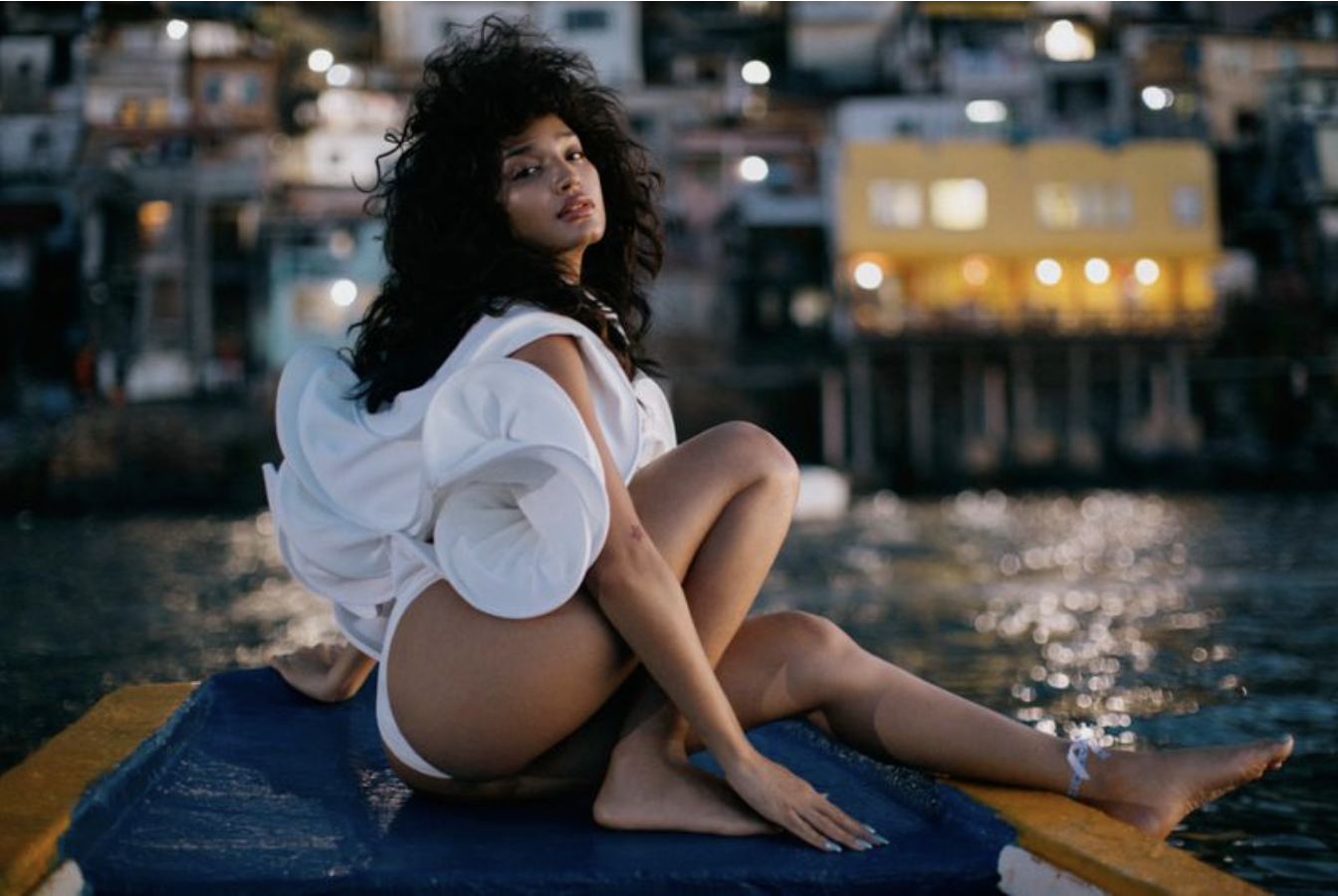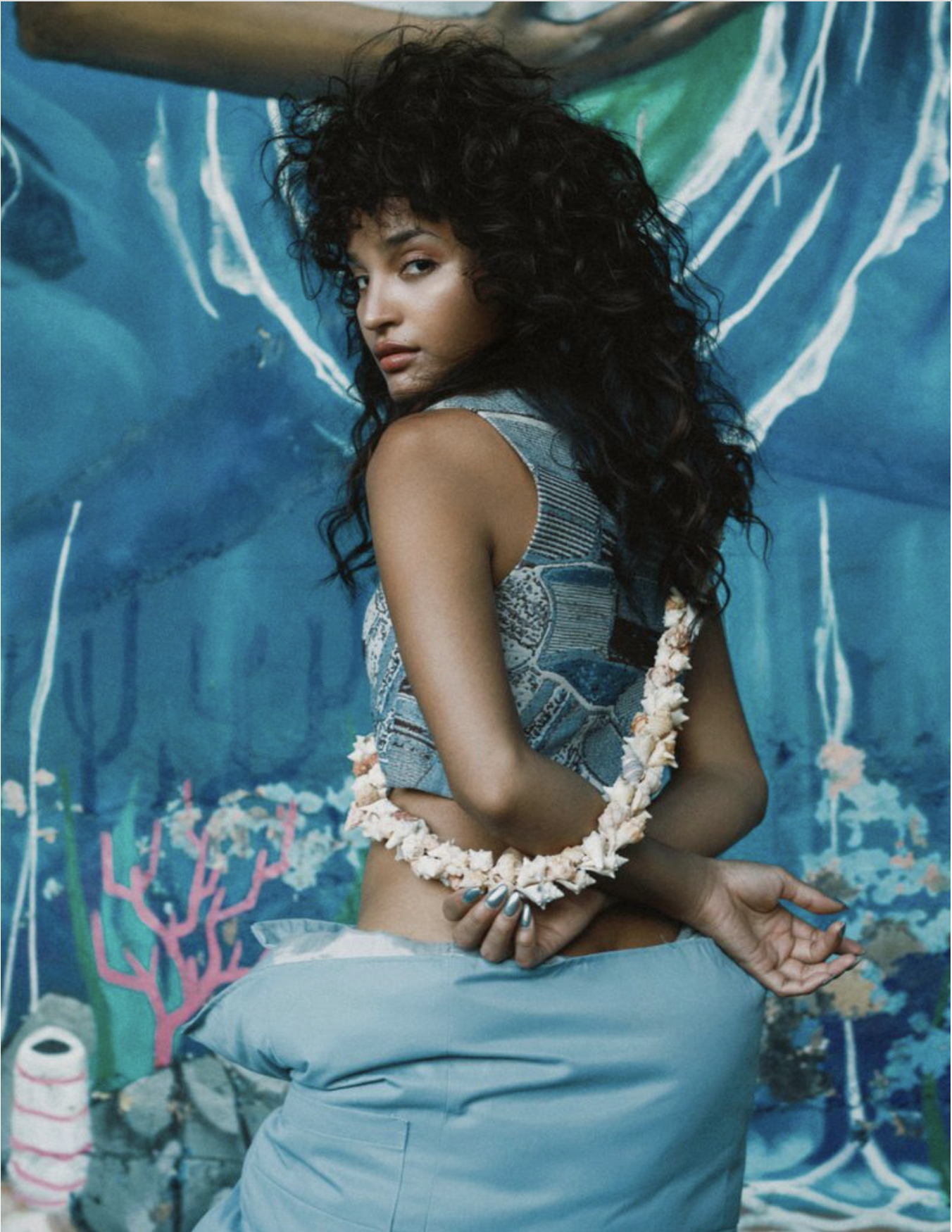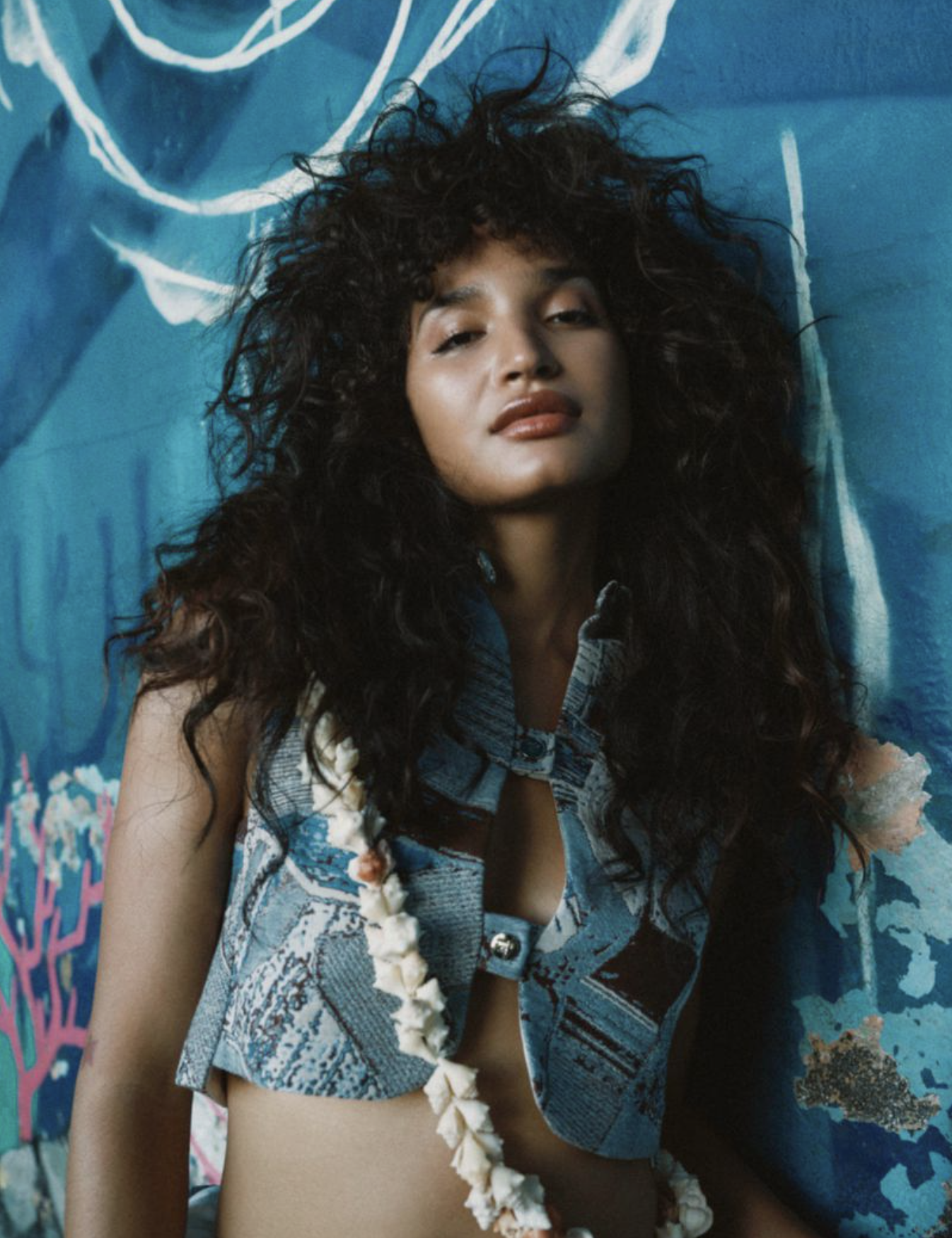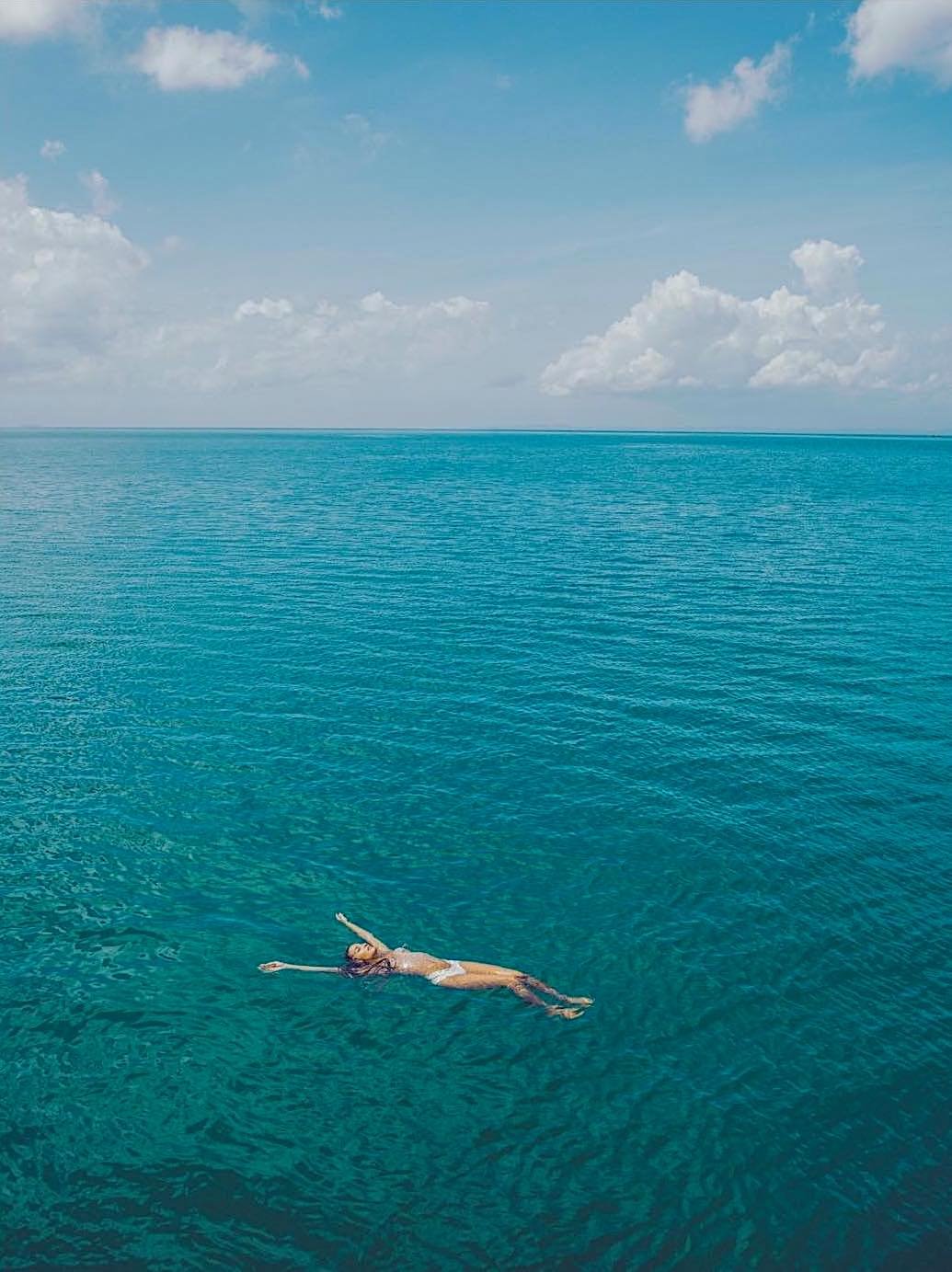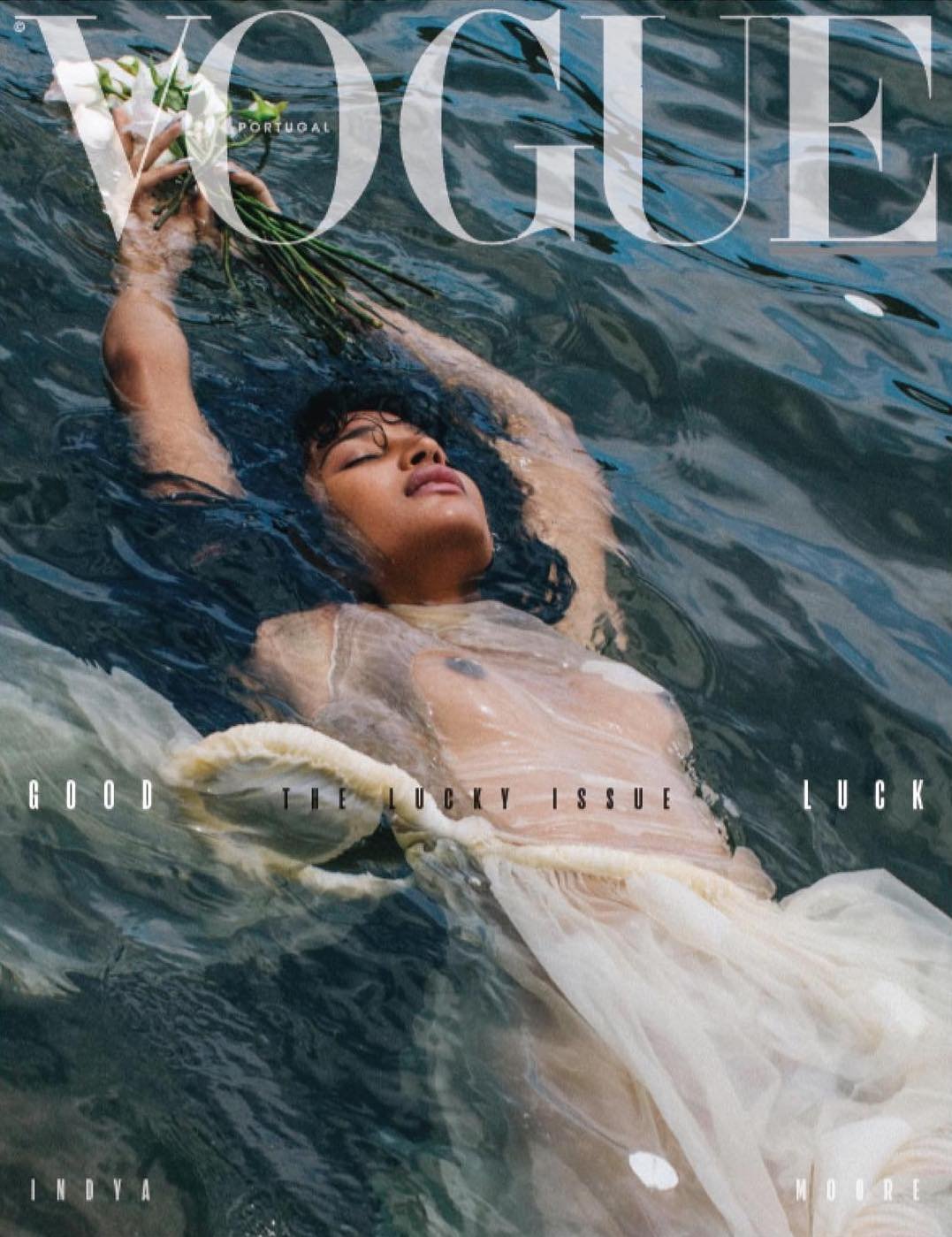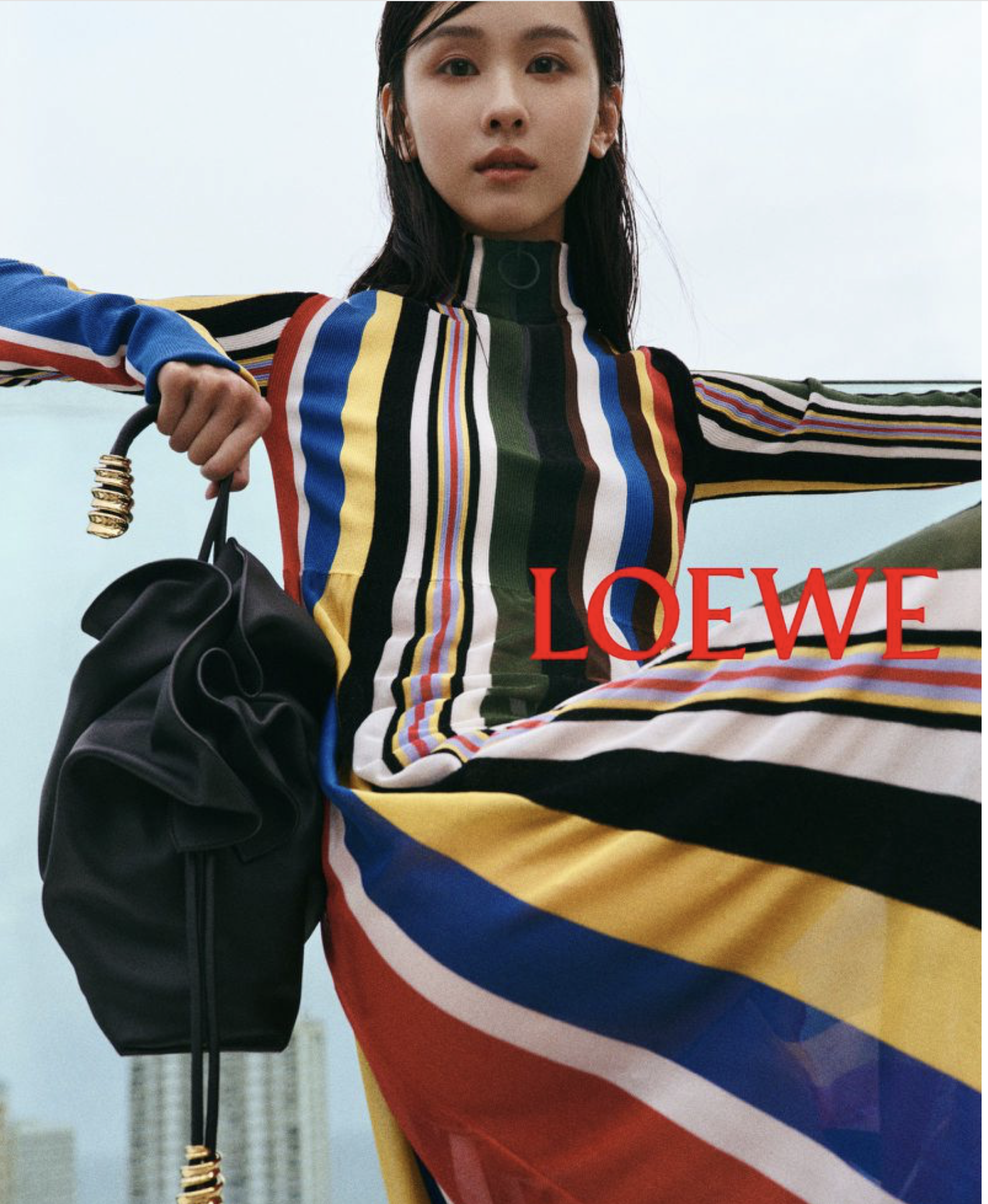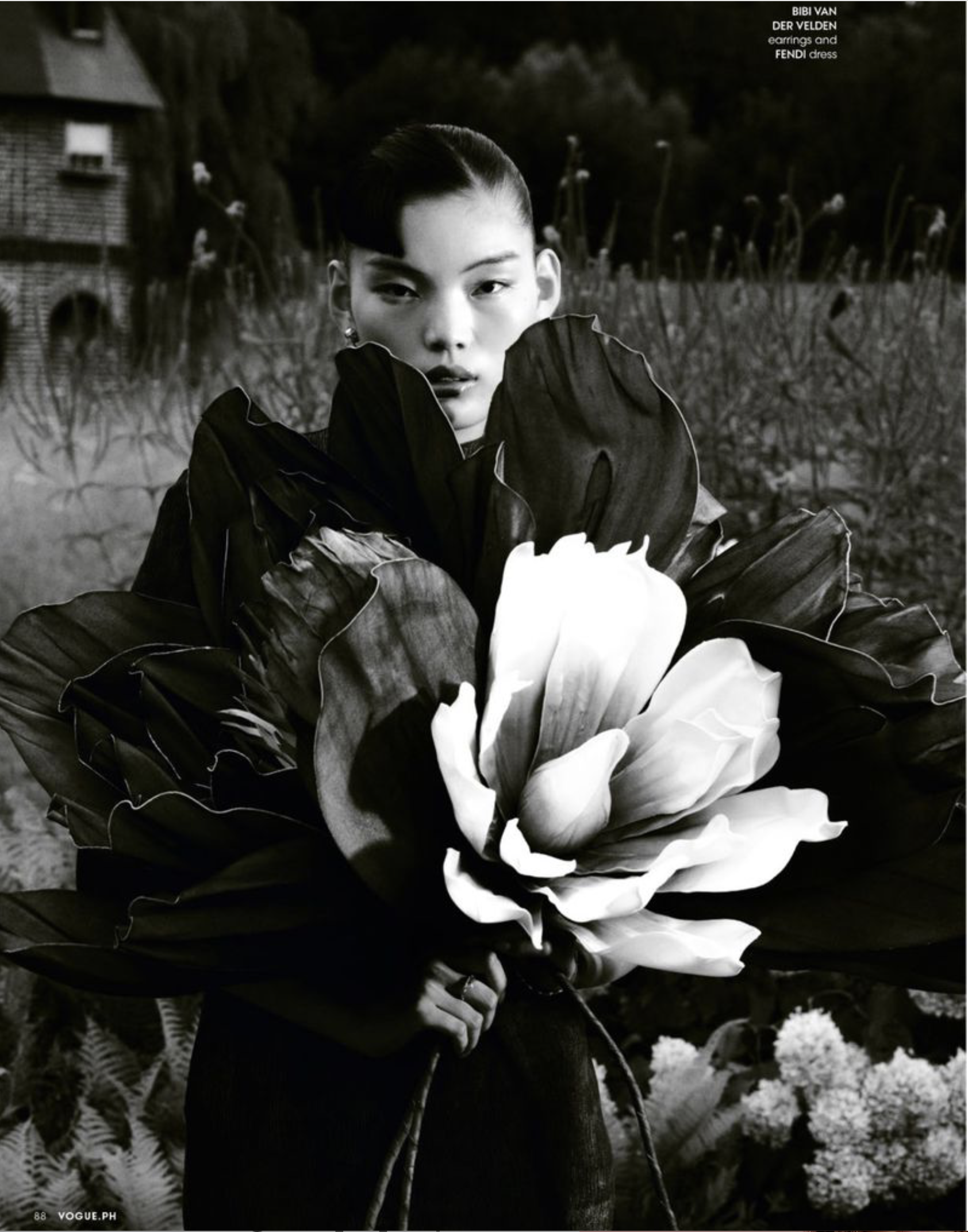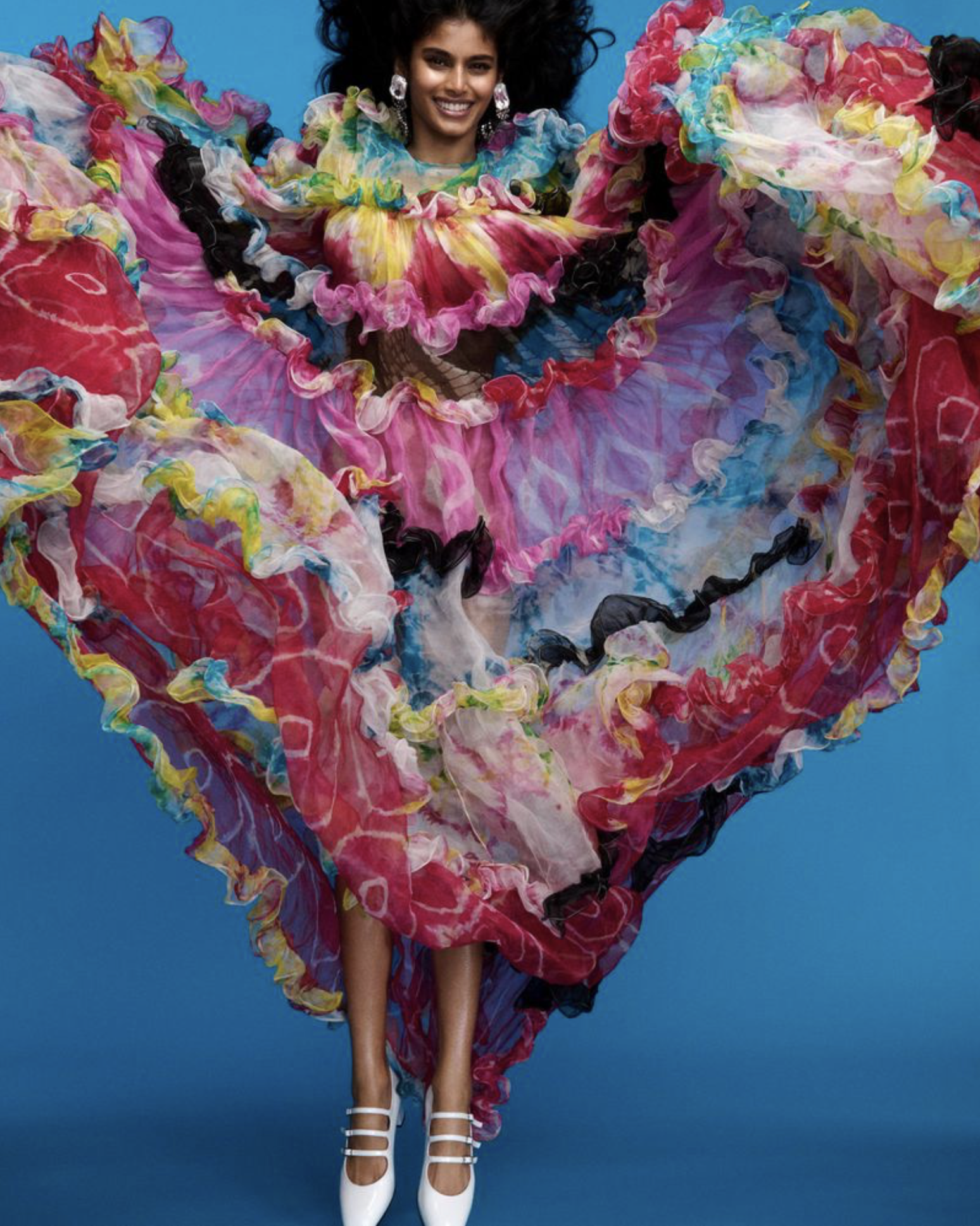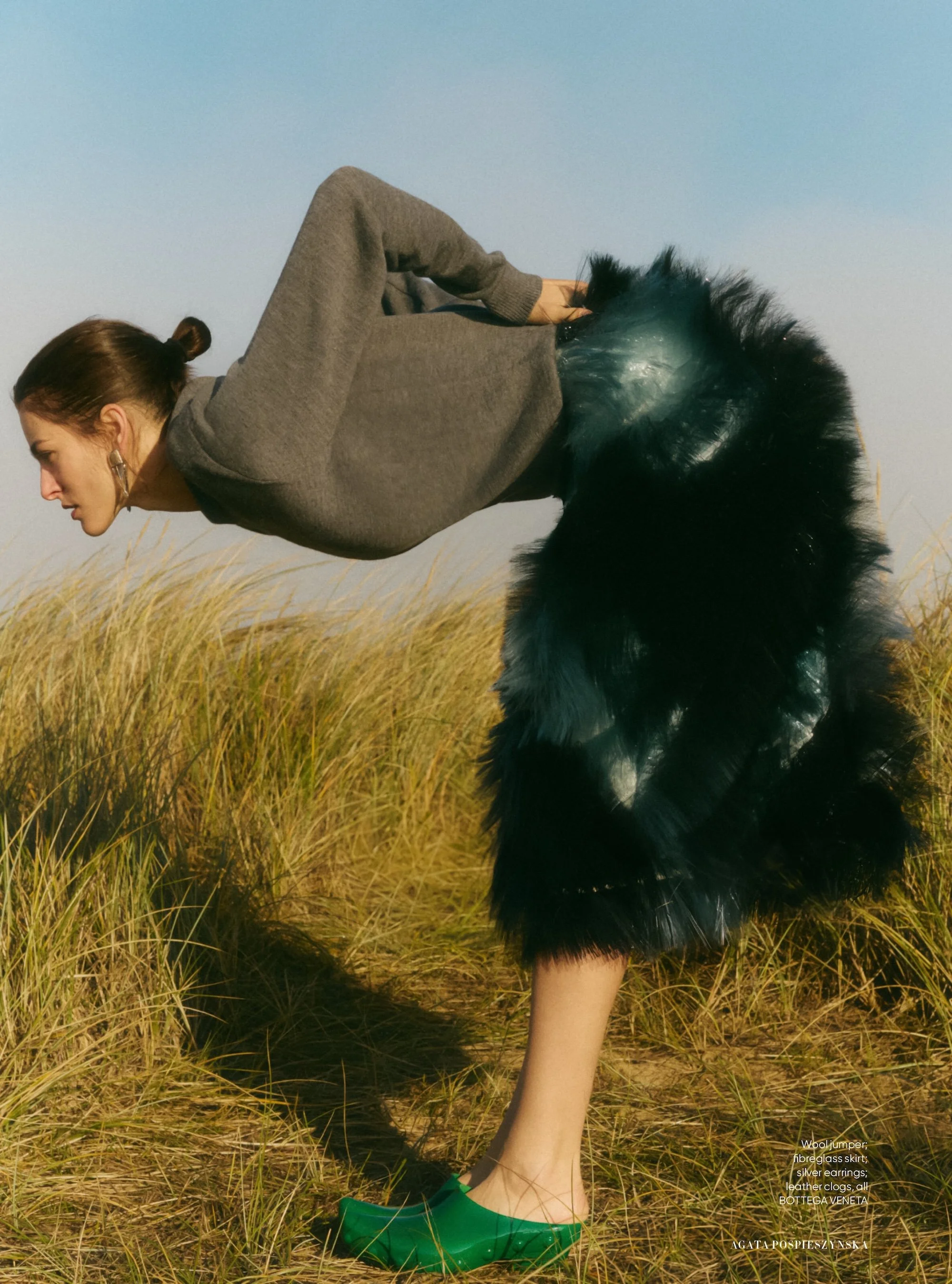Indya Moore's Ode to Iemanjá in Vogue Portugal March 2023, Lensed by Gleeson Paulino
/Actor Indya Moore covered the March 2023 issue of Vogue Portugal, styled by Alexandre Dornellas in a water goddess tribute to Brazil’s Iemanjá. As always with global goddesses, you will note multiple spellings of their names and sometimes seemingly unrelated names among the same goddess in Africa, South America and the Carribean.
Photographer Gleeson Paulino [IG] photographs Moore in Salvador, Bahia, Brazil — at the historic intersection of indigenous peoples, Spanish conquerors, the Catholic Church, slave ships from Africa and the Yoruba religion.
See all the product credits at Vogue Portugal.
Vogue Portugal explains:
Queen of the Sea, “Mother whose children are fish”, the name of Iemanjá is closely linked to Brazilian popular culture in the world’s imagination, although, as an orixá(African deity) female of the Candomblé and Umbanda religions, is also rooted in the culture of the African continent, namely in Nigeria. Among other rituals, it is common to offer her things as different as flowers, perfume, rice, or even mirrors, since she is a very vain entity and loves this exchange... The flowers are usually roses, in white colors (peace ), yellow (wealth), red (love) and blue (achievement). This ceremony, which serves to “ask for good luck”, is also a way of honoring the Queen of the Sea, Iemanjá. And who better than actress Indya Moore — known not only for her immense talent, but also for her empathy and grace — to star in this tribute?
The American ‘Pose’ star shares in the fashion story her specific thoughts on Bahia — a place that I’ve also written about in terms of my own Afro/Brazilian, mindblowing psychic experience in Salvador.
I’m lifting her words off Instagram just as written by Indya Moore, wanting to advance her thinking and her voice:
My work in this issue is dedicated to my ancestors & relatives, of whom I share with relatives across the Afro-indian indigenous diaspora of the displaced & marginalized many.
In acknowledgement of the survivors of the Atlantic slave trade, my native ancestors, surviving extinction & genocide- remembered, forgotten, lost & found, Black & Latinx.
From Haiti, Dominican Republic & Puerto Rico to Brazil.
Central Africa: The Kongo/ Angolan/ Mbundu peoples of present day Congo.
West Africa: Ewe, Fun, Ga-Dangme, Fante peoples of present day Ghana, Liberia & Sierra Leon.
Yoruba people of present day Nigeria & people of Senegambia & Guinea.My Native “America” Ancestors, the Arawak, also known as the Taíno, the indigenous natives of following lands: Borinquen (present day Puerto Rico), Ayti, (present day Dominican Republic and Haiti), Cubanascnan, (present day Cuba), Xaymaca, (present day jamaica), Guanahani (present day Bahamian islands) & Bimini, (present day Florida). The Taino did not claim ownership of any land & traveled frequently across the seas to neighboring islands by canoe to exchange with neighboring tribes. The taino are direct relatives of the Palikur people, an Arawak speaking Nation of indigenous amazonians from the Brazilian state of Amapá.
As a Afro Indigenous trans person- The controversy of my autonomy is not new, it is old. I’ve seen this before ten folds over & I know it will not prevail. The remembrance of my native ancestors reinforces my belonging to the earth in a way that encourages my grace, compassion, growth, forgiveness & my will to replenish my own relationship to my earth roots but also to inspire others to return to theirs, & their earth medicine ways of love & freedom. I am inspired to encourage those who don’t know their roots, to plant grow & restore them, & to respect the traditions & experiences of everyones cultures identity however complex they may be. Every people has a beginning, & every body is an act of God. Where your hindsite to your own is cut off, giving ourselves permission to begin again is essential, now more than ever.
“May we say never again, (to genocide, war, & violence) & mean it” -@urucker



